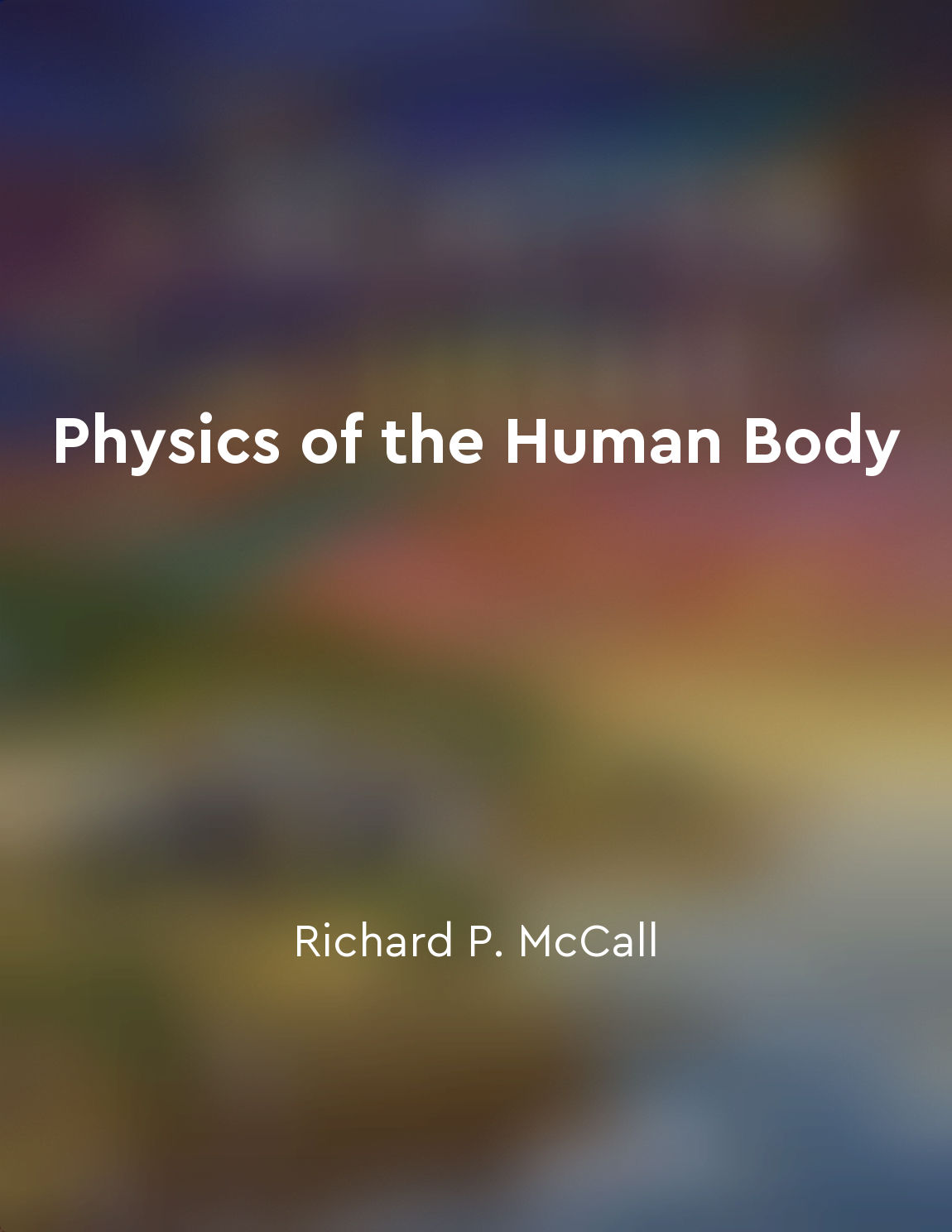Thermodynamics deals with energy changes in chemical reactions from "summary" of Chemistry by Russell Kuhtz
Thermodynamics is a branch of chemistry that focuses on energy changes in chemical reactions. In other words, it deals with how energy is transferred between substances as they interact with one another. This concept is crucial in understanding why and how chemical reactions occur, as well as predicting their outcomes. When substances react with each other, they can either release energy (exothermic reactions) or absorb energy (endothermic reactions). Thermodynamics helps us quantify these energy changes by using various parameters such as heat, work, and internal energy. By studying these changes, we can determine if a reaction is spontaneous or non-spontaneous under certain conditions. One of the key principles in thermodynamics is the First Law of Thermodynamics, which states that energy cannot be created or destroyed, only converted from one form to another. This principle is essential in understanding how energy is conserved in chemical reactions, as well as how it can be transferred between different forms. Another important concept in thermodynamics is entropy, which is a measure of the disorder or randomness of a system. In chemical reactions, entropy plays a crucial role in determining whether a reaction is likely to occur. For example, reactions that lead to an increase in entropy are more likely to be spontaneous, while those that decrease entropy are less likely to occur.- Thermodynamics provides us with a fundamental framework for understanding energy changes in chemical reactions. By applying the principles of thermodynamics, we can predict the direction and extent of reactions, as well as optimize conditions for desired outcomes. It is a powerful tool that enables chemists to explore and manipulate the world of chemical reactions.
Similar Posts
The properties of materials are determined by the atomic structure and bonding
The way atoms bond together in a material ultimately determines its properties. Let's start by looking at the atomic structure....

Scientific literacy is essential for informed decisionmaking
Scientific literacy is the fundamental knowledge and understanding of scientific concepts and processes that enables individual...
The waveparticle duality of light and matter is a fundamental concept in quantum mechanics
The waveparticle duality of light and matter is a fundamental concept in quantum mechanics. This concept suggests that both lig...
Aromatic compounds contain a benzene ring structure
When we examine the structure of aromatic compounds, we find a common feature that distinguishes them from other types of organ...
Perception limited
Our understanding of the world around us is constrained by our perceptions. We can only see a certain range of colors, hear sou...
The importance of evidence
Evidence is crucial. It forms the foundation upon which our understanding of the world is built. Without evidence, our beliefs ...

Radiology uses physics to image the body
The field of radiology plays a critical role in modern medicine by utilizing principles of physics to create detailed images of...
Elements can have unexpected connections
The periodic table is a marvelous menagerie of elements, each with its own unique personality. While some elements may seem lik...
Polymers are large molecules made up of repeating units
Polymers are composed of large molecules, which are made up of repeating units called monomers. These monomers are bonded toget...
Chemistry is the study of matter and the changes it undergoes
Chemistry is a fascinating subject that revolves around the study of matter and the transformations it goes through. Matter is ...

